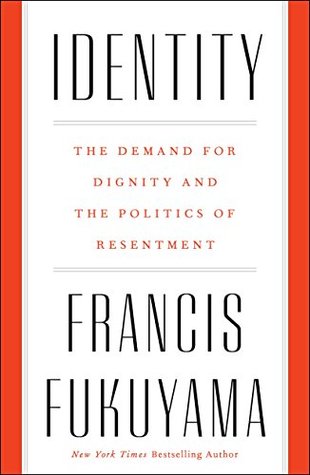Herder’s link to modern nationalism is clear. His work sought to promote an appreciation for the unique customs and traditions of each of the world’s people. Like Rousseau, he did not believe that those who lived in later historical times were necessarily better or happier than the “primitive” peoples who came before. He agreed that society could force us to play false roles. In doing so, he staked out a position very different from that of Hegel, who in the following generation would argue that history was universal and progressive.3
Welcome back. Just a moment while we sign you in to your Goodreads account.


